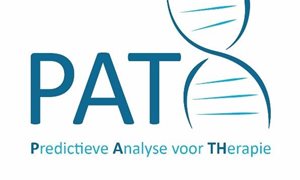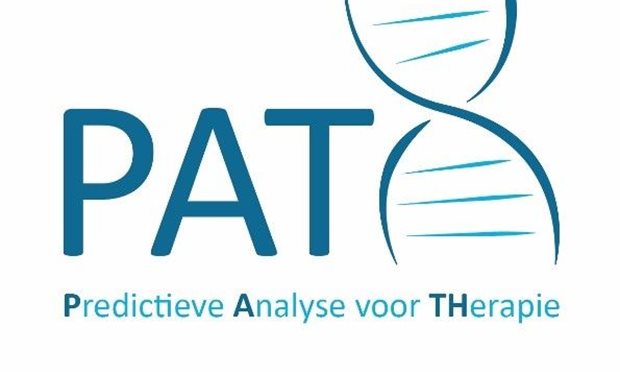

About PATH
PATH aims to use a coordinated approach to make precision medicine more accessible to all patients with cancer in the Netherlands.Predictive Analysis for THerapy
Background
Targeted therapies are a breakthrough in the treatment of cancer. The big challenge is to predict which patients benefit from these expensive drugs. DNA analysis of tumour tissue is considered instrumental for this by all parties involved. read moreApproach
- Optimisation of predictive diagnostics by innovation and continuous monitoring of diagnostic yield and turnaround times. As proof of concept a new NGS-based approach will be implemented in multiple laboratories. The (cost-) effectiveness of this approach that integrally detects close to all relevant DNA aberrations will be compared to other diagnostic procedures.
- Establishing a national expert network of multidisciplinary molecular tumour boards that translates complex or unusual test results in personalised treatment advice, including enrolment in clinical trials. This network will also serve as a platform to interact with patient interest groups and other stakeholders.
- Clinical utility. The clinical relevance of a large part of the combinations of DNA aberrations and drugs remains to be settled. To enhance this evaluation a synoptic reporting module will be built in PALGA, the nationwide pathology database, which enables coupling with treatment and response data that are collected by the Netherlands Cancer Registry (at IKNL) and clinical audit registries (DICA). This module will be an indispensable link in the infrastructure for health technology assessment of targeted drugs and evaluation of care. As a first step the effectiveness of the organisation of predictive diagnostics will be evaluated.